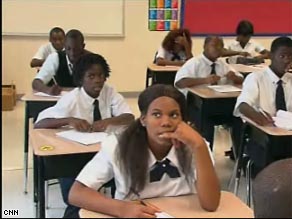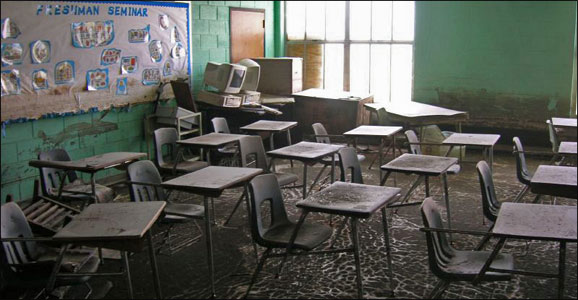
By J. Samuel Cook
There is a saying in politics that if you’re not at the table, you’re on the table.
In lean times, when elected officials find anew their cost-cutting nerve, eliminating waste, fraud and abuse becomes a euphemism for cutting government services. Understanding this unfortunate fact of our political process, moneyed and influential groups who stand to benefit or lose from legislative sausage-making spend massive amounts of money to curry favor from decision-makers. There’s the oil lobby, which protects the interests of Big Oil. Then, there’s the gun lobby, which fights against any legislation they feel will infringe upon the Second Amendment rights of Americans. And then, there’s the ethanol lobby, which works to protect farm subsidies. The list of “lobbies” goes on and on, with each special interest group doing whatever it can to stay “off the table.” Usually, those efforts pay off.
Unfortunately, the most vulnerable Americans seldom employ powerful lobbyists who can maneuver the Beltway or descend on state capitols to press for favorable legislation for their clients. Of course, this leaves the disinherited altogether voiceless as movers and shakers make decisions which most often affect their lives. At the bottom rung of the political food chain, as usual, are our nation’s children. Louisiana, it seems, is no different. And while the state consistently ranks as one of the lowest in the nation for education, (ranking a paltry 45th for “best educated” states in 2010), it seems public education is low on Louisiana’s list of priorities. Recently, the Louisiana State House voted to cut $130 million from the state’s 2011-2012 operating budget. Of course, $11 million of those cuts fell squarely on the backs of the state-controlled Recovery School District and were in addition to more than $310 million in education cuts since 2008.
As if draconian budget cuts weren’t enough, a relatively new push for “private school vouchers,” funded as an appropriation from the state’s general fund, have become the latest craze in education reform. The vouchers, which pay up to 90 percent of a student’s private school education up to $7,562, assist roughly 1,943 New Orleans youth to attend private schools. While private school vouchers are not necessarily an evil, they are merely a panacea that obscures much larger systemic problems in education, particularly when measured against the backdrop of the harsh reality that the Orleans Parish School District and Recovery School District combined serve nearly 40,000 students. Altogether, the Scholarships for Educational Excellence Program (SSEP) assist a mere 5 percent of the total number of students who receive a public education in New Orleans.

And while groups such as the Louisiana Black Alliance for Educational Opportunities are lobbying the legislature to expand the program, 95 percent of public school students—the majority of whom are poor and minority—are being left behind. While it’s true that private school vouchers provide choice for low-income families, this push for education privatization, long a cause célèbre of conservatives, distracts from the pressing, important issue facing all Louisiana residents: how we fix public education in the state.
Even now, the debate rages regarding the return to local control of schools in Orleans Parish from the state’s Recovery School District to the Orleans Parish School Board. Education reformers insist that the Orleans Parish School Board, which has only overseen the city’s well-performing schools since Katrina, must put forth a plan which demonstrates its ability to maintain the academic growth experienced by previously-failing schools under the RSD. Conversely, there is a growing chorus among residents demanding a return to local control as a right of local governance. Teachers in Orleans Parish, having lost their collective bargaining rights, rightfully advocate for a bargaining agreement which recognizes their worth and validity to the educational process.

Their voices, however, are drowned out by those who wrongly claim that extending collective bargaining rights for New Orleans teachers would be too costly for the school system. On the whole, however, missing from the debate are the most important voices: those which advocate for the best education policies for New Orleans kids.
As Louisiana—and states across the nation—grapple with budget deficits and dwindling federal dollars, a single question arises: who will fight to spare our children’s interests from the chopping block?





No comments:
Post a Comment